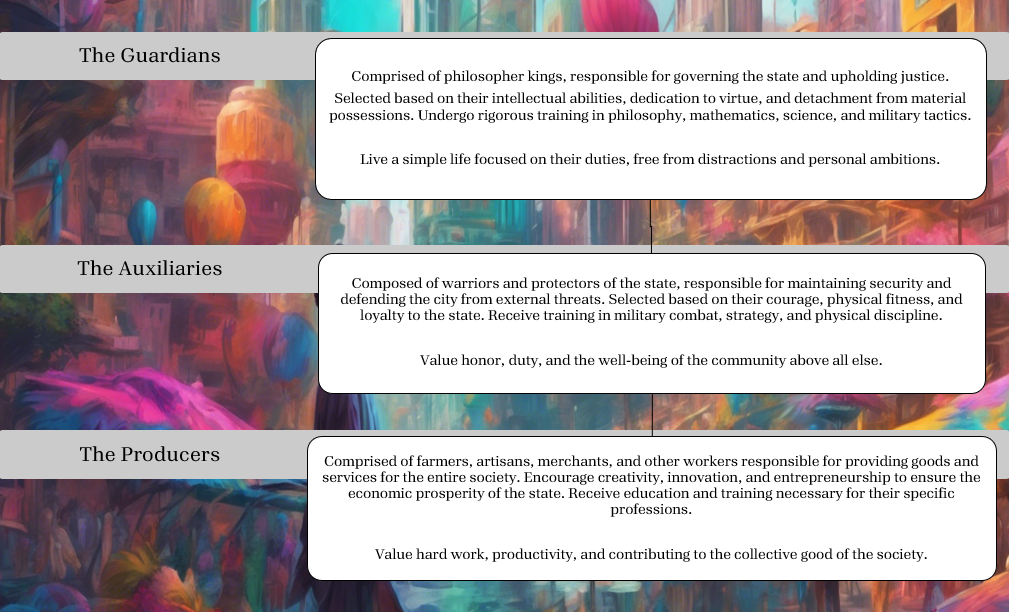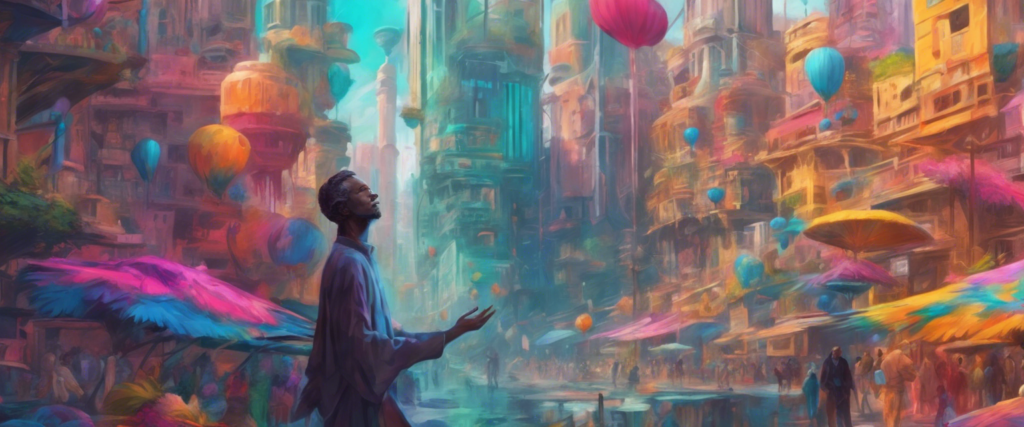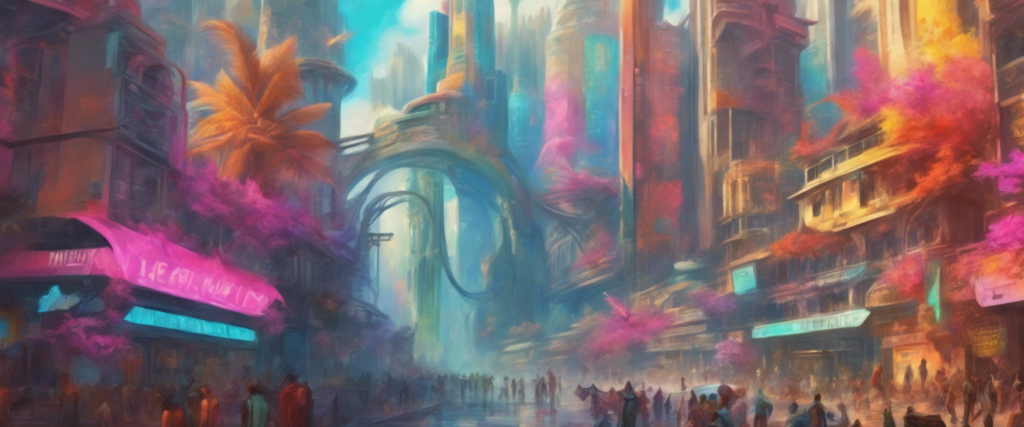I am not a Monarchist. I am morally opposed to hereditary leadership. Not because I believe that a King or Queen cannot be a net positive for a nation, that has been proved many times throughout history. The Imperial House of Japan has been in power since 660 BCE and I think most people would agree that Japan is currently a peaceful and stable country. Their history, however, is not so peaceful. As like most modern monarchies, their position is only symbolic, ceding legislative control to democratically elected parliaments, providing the level of checks and balances that benefit a nation.
I oppose a hereditary monarchy it because it is a system that has a high likelihood of producing less than worthy heirs to the throne, and more open to abuse of power. Children of great wealth are raised in a culture of privilege and entitlement, something that can give rise to a sense of moral superiority and a belief that they are above the law. Especially in the modern age where wealth is so inextricably linked to societal standing that it almost inevitably leads to unethical wealth accumulation.
Is there a way to marry the democratic process with a stable, persistent and low time preference leadership?
An Argument Against Monarchy
“Monarchs are the vermin of the earth; they are the caterpillars that eat up the leaves of the tree, and only serve to breed a race of drones and idlers.”
Thomas Paine, in “The Rights of Man” (1791)
Poor rulers are often ousted when the effects of their reign become apparent. Be it through revolution, military coup, assassination or displacement. History is littered with examples of how not to to rule a country, and specifically, what not to do to your population. This is of course subjective, history is written by the winners, and historical context depends on differing values and criteria for establishing ‘good’ from ‘bad’. But here’s a few, subjective and cherry picked examples:
- Diocletian, Emperor of Rome (284-305 CE): Autocratic, divisive, exacerbated social & economic problems
- Heraclius, Byzantine Emperor (610-641 CE): Weakened the empire, mismanaged the military and economy
- Henry VI of England (1422-1471): Mentally unstable and incompetent, lost the entirety of Normandy to the French
- Ivan the Terrible, Tsar of Russia (1547-1584): Brutal and oppressive, executing thousands of his citizens
- Louis XVI of France (1774-1792): Weak and indecisive, failed to address socioeconomic issues
- Nicolas II of Russia (1894-1917): Autocratic, accused of oppression, corruption and mismanagement of the nation
Many monarchs have failed their countries and their citizens by simply being incompetent. Lacking in the necessary skills or knowledge to rule effectively. This could be through poor education, inexperience or just not temperamentally suited to leadership. Poor decision making and corruption quickly lead a country into general decline. Some have been motivated for personal gain or power, rather than the wellbeing of their citizens. Engaging in wars of conquest, imposing brutal taxation to fund expansion or indulgence in a lavish lifestyle at the expense of their subjects.
Some were simply greedy, selling titles and offices to the highest bidder, selling off natural resources to outside interests or raiding the treasury to enrich themselves and enhance their perceived social standing. Even more ended up power drunk, resorting to tyranny and cruelty, with no one able to reign them in through checks and balances, surrounded by sycophants and yes men, free to act with impunity, regardless of the consequences.
The history of monarchy is littered with examples of rulers who have failed their people, and the factors listed above are often to blame. Often, the result of this mismanagement is political violence, social unrest, revolution and coup d’état.
An Argument Against Democracy
“Democracy is two wolves and a sheep voting on what to have for dinner.”
Benjamin Franklin
I think most rational people would agree that the modern democratic process isn’t perfect. Given that it is a process, rather than an absolute state, the risk is in the system failing to provide the democracy it promises. Much has been said about the Tyranny of the Majority, or a Majoritarian democracy, where the many rule over the few, suppressing the views of smaller minorities. It can give rise to marginalisation of legitimate viewpoints and voices.
We also have the paradox of voting itself. Arrow’s Impossibility Theorem, in certain circumstances, demonstrates that there is no perfect voting system that can guarantee consistent and rational outcomes. In fact it might even suggest that the very act of voting may not always lead to the best possible decision, particularly when dealing with a fragmented society dealing with complex issues.
We also have to consider both Intelligence Quotient (IQ) and Emotional Intelligence (EI) when discussing democracy. On IQ, a salient point is that around 15% of populations have an IQ of less than 80 points. The acceptance criteria for the US army is an IQ minimum of 83 points based on their internal Armed Forces Qualification Test (AFQT). This means that 15% of the voting population doesn’t hold enough mental capability to perform the basic duties of following orders and shooting a gun. A full 50% of the population falls below the 100 IQ mean. As George Carlin said, “Think of how stupid the average person is, and realize half of them are stupider than that.”
Emotional Intelligence is a facet of your personality, affected by your upbringing, environment, social interactions and educational exposure. In 2021, two review papers examined the relationship between emotional intelligence and the dark triad of personality traits (narcissism, Machiavellianism, and psychopathy). Some aspects of which we’ve discussed before (Chpt. 4/Chpt. 17). In this research they found that low EI showed associations with all three dark triad domains of personality. Of these, the largest effects were for management of your own emotions and for psychopathy.
We also have facets of vulnerable narcissisms (anxiety and fragile self esteem), both things which I think we see prevalent amongst a lot of younger generations. This frequently manifests through greater emotional instability, difficulties managing stress, being resistant to new experiences and learning, and frequently as a result of peer-groups that emphasize emotional control and suppression (Chpt. 25). These factors do not make a rational and educated citizen, or one able to critically appraise the policies of a candidate. Instead they revert to populism and tribalism.
All of these issues impact the effectiveness of Democracy. The failings of the democratic process, the short sightedness of the election cycle (Chpt. 2), the emotional and intellectual intelligence of the voting population (the uninformed masses), and the trend towards corruption of the elected, potential for instability and the tyranny of the majority.
Why Not Both? “Monarchy In Name Only”
“The guardians of the state should be those who have the greatest intelligence and the least desire for riches.”
Plato – Republic Book IV

I’m going to refer back to Chapter 22: Demented But Determined, where I discussed Plato’s writings on Utopias and his writings in Republic. So let’s design a perfect society that marries the best combination of Democracy and Monarchy.
First lets look at the benefits of a society built around these ideals. There is a strong emphasis on justice and equality. Under the law, all citizens are treated equally and treated fairly, whilst maintaining the ability to flourish and contribute to society as a whole. It has a fairly rigid social hierarchy that is focused on providing harmony and stability.
The Guardians are not materially oriented, with communal living, shared responsibility and a focus on philosophy, mathematics and science. The Protectors are selected for courage, fitness and loyalty, taught to value honor, duty and the well-being of the community above all else. The Producers are the majority of the population, educated within specific professions or skills, encouraged to be creative, innovative and with an emphasis on entrepreneurship for economic prosperity.
On the detractors, we can pick out a few points. Given a hierarchy like this we can say that it might stifle the individual due to an emphasis on rigid conformity. Due to the birthright process and class division, there would appear to be little social mobility, although within the Producers there would be internal hierarchy. There is a potential for abuse of power, as we’ve seen before, from the ruling Guardians.
I’m going to veer off wildly into the world of hypotheticals and theory crafting. This is a nebulous blog after all. So let’s have a look at what changes I would make to bring this up to date.

Hoarding of Wealth
- Auxiliaries and Guardians are not allowed to hold material wealth, instead focusing on martial, or intellectual goods
- Producer class would be liable for anonymous, voluntary contributions to fund the defense and ruling of the nation
- Administration of this for food, board, arms would be through a Producer class council
Social Mobility
- At the end of each year children (under 12s) of the Producer class who have excelled in either physical or mental prowess enter a pool of applicants for either the Guardian or Auxiliaries
- The best of which is tested against each other, the winners are selected for mobility
- Upon entering the Guardian or Auxiliary classes they forgo any material possessions or familial ties
- This maintains some social mobility based on a meritocratic process and fair competition
- It also would reduce the chance of stagnation of ideas / genetics
- For anyone to be involved in voting for the members of the Guardian class they must pass civics and ethics classes
- A mandatory 10% tithe must be made to be eligible to vote
Abuse of Martial Power
- The Auxiliaries would be accountable to the Producers in civil cases
- Black Ball voting to remove any egregious civil liberties offenses could expel any violators
- Military code of conduct from within the ranks would likely be sufficient to maintain discipline
- Violators of code of conduct would be exiled
- The Auxiliaries would be accountable to the Guardians for deployment & defense
Abuse of Legal Power & Nepotism
- Guardian class would blind nominate other members that would assume a council
- Council would debate on law / ethics / civil matters
- Producers and Auxiliaries vote from within the nominated pool for a single King or Queen to lead the council
- No maximum reign for the position other than public opinion and democratic vote
- No progenies of a past King or Queen may take the position unless 3 generations removed
- Auxiliaries and Producers can submit a vote of no confidence should it be needed
- If removed through this vote of no confidence the King or Queen is exiled

Conclusion
No society is perfect, either Monarchy or Democracy. Building a perfect society with a Utopian vision ultimately leads to a dystopia for at least some.
The positives of a Democratic, merit based “Monarchy ” could be multiple. A ruling class that governs without concern for material wealth, encouraging a low time preference decision making process, ruling a city-state secured by military and physical masters, and enriched by a free and productive citizenship. All enabled by a democratic process of checks and balances, with a degree of social mobility in a hierarchy that promotes stability.
I thought this was an interesting thought experiment. It plays with my ethics gradient.

